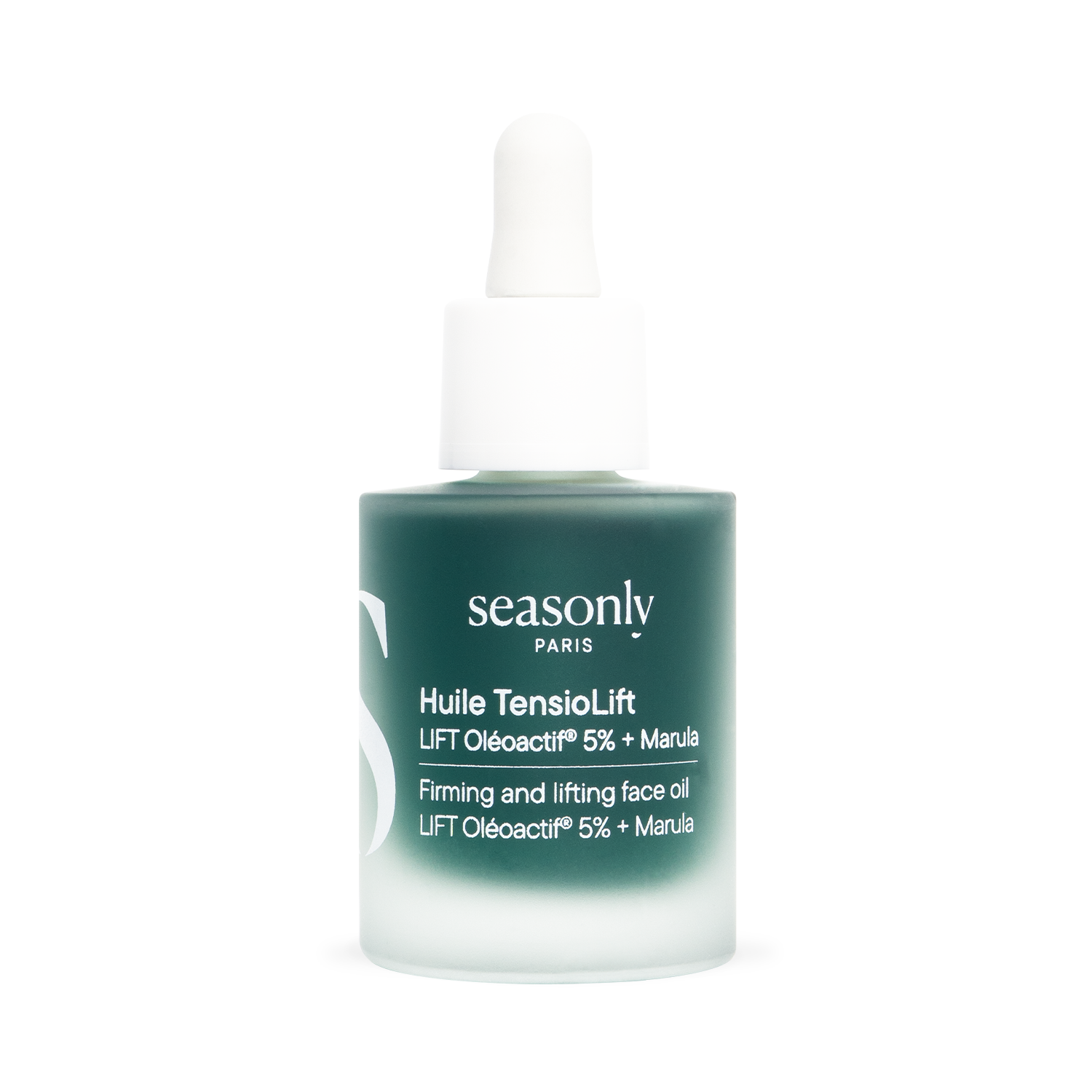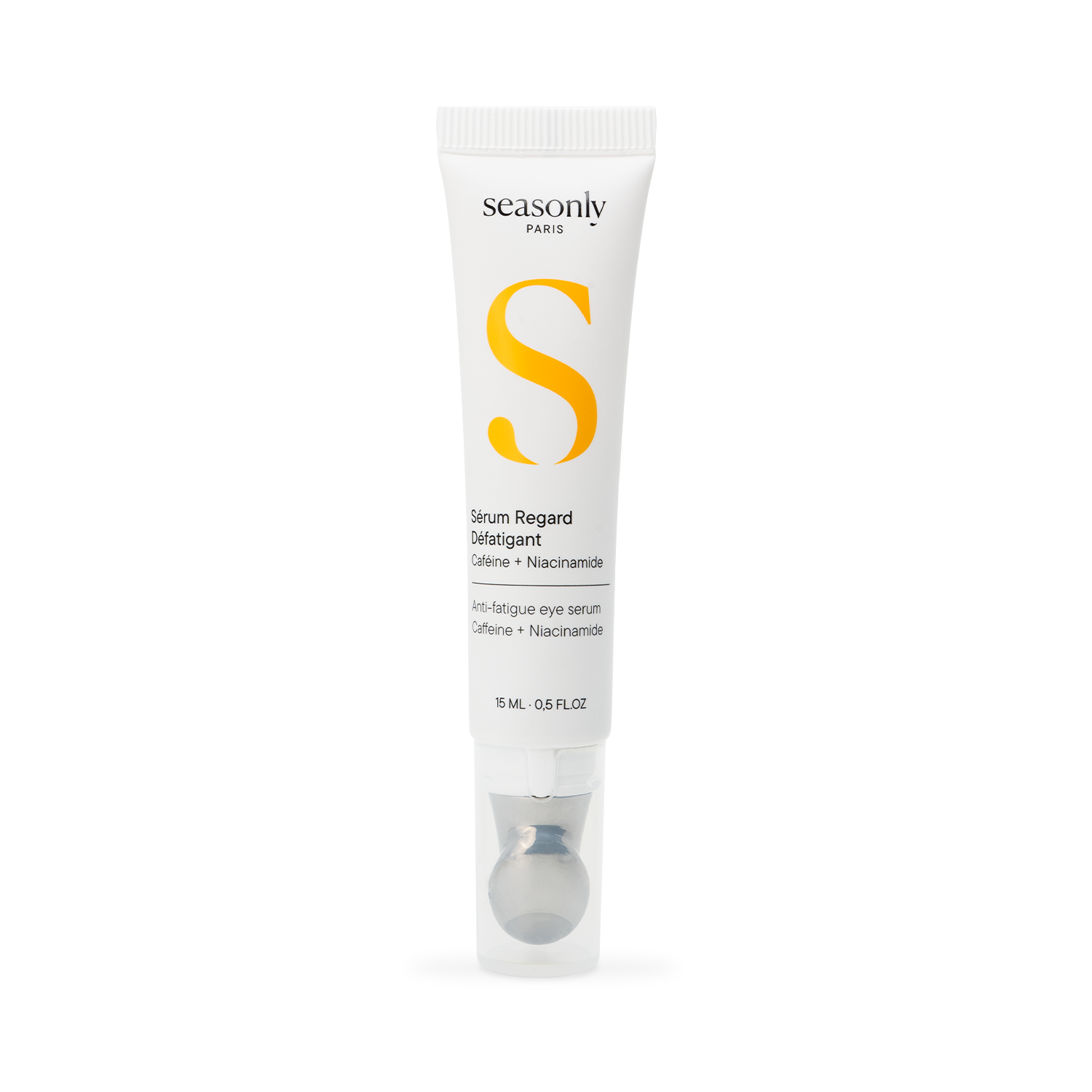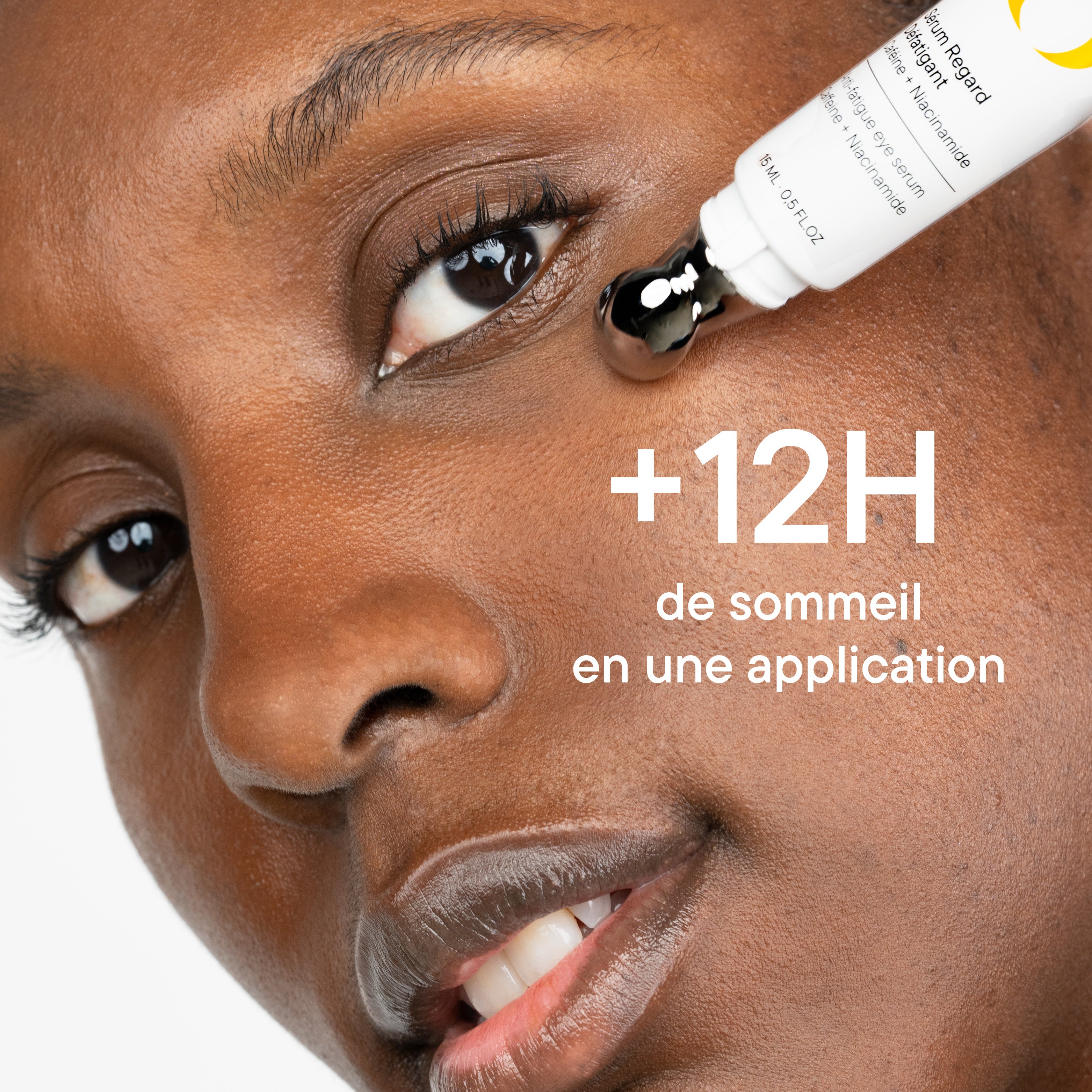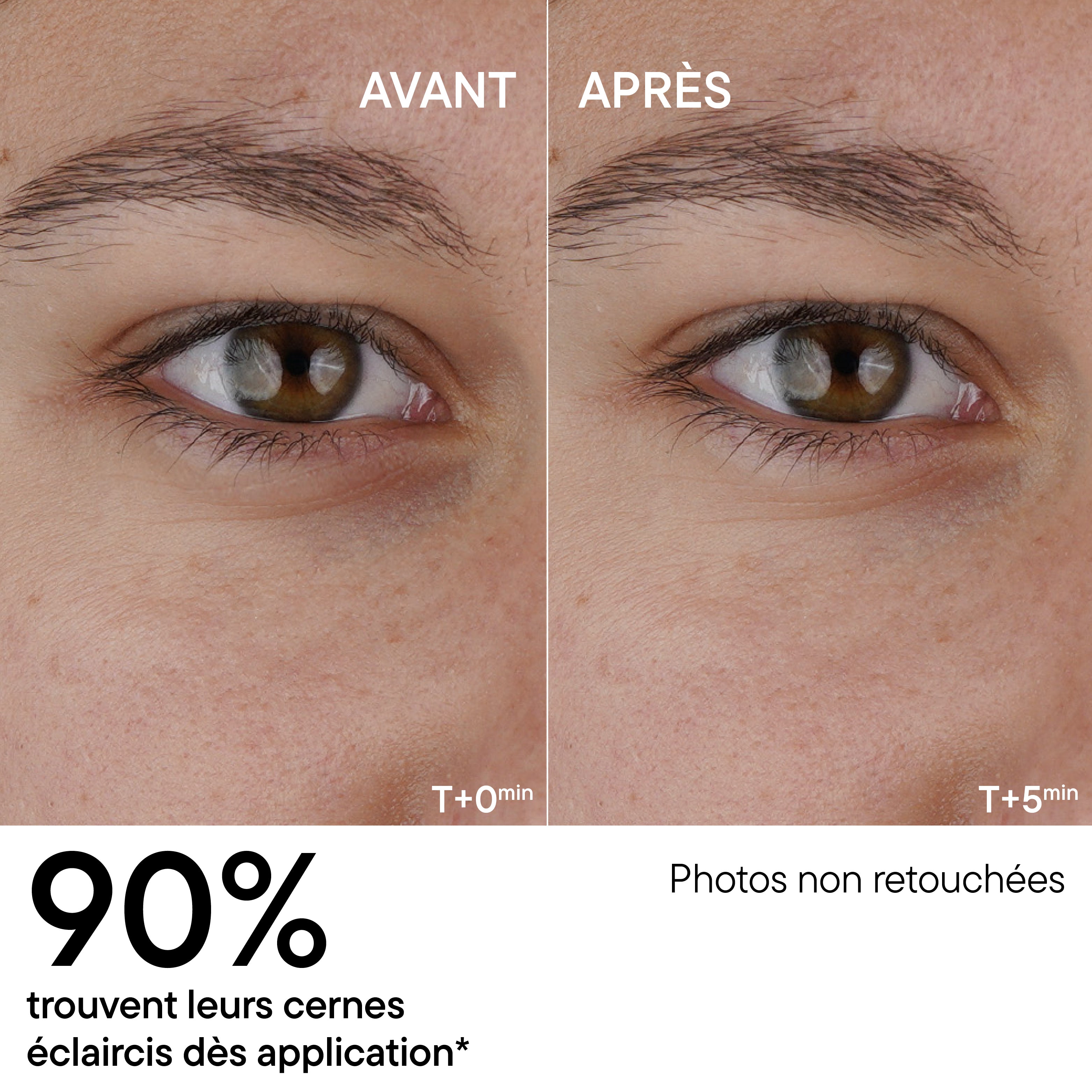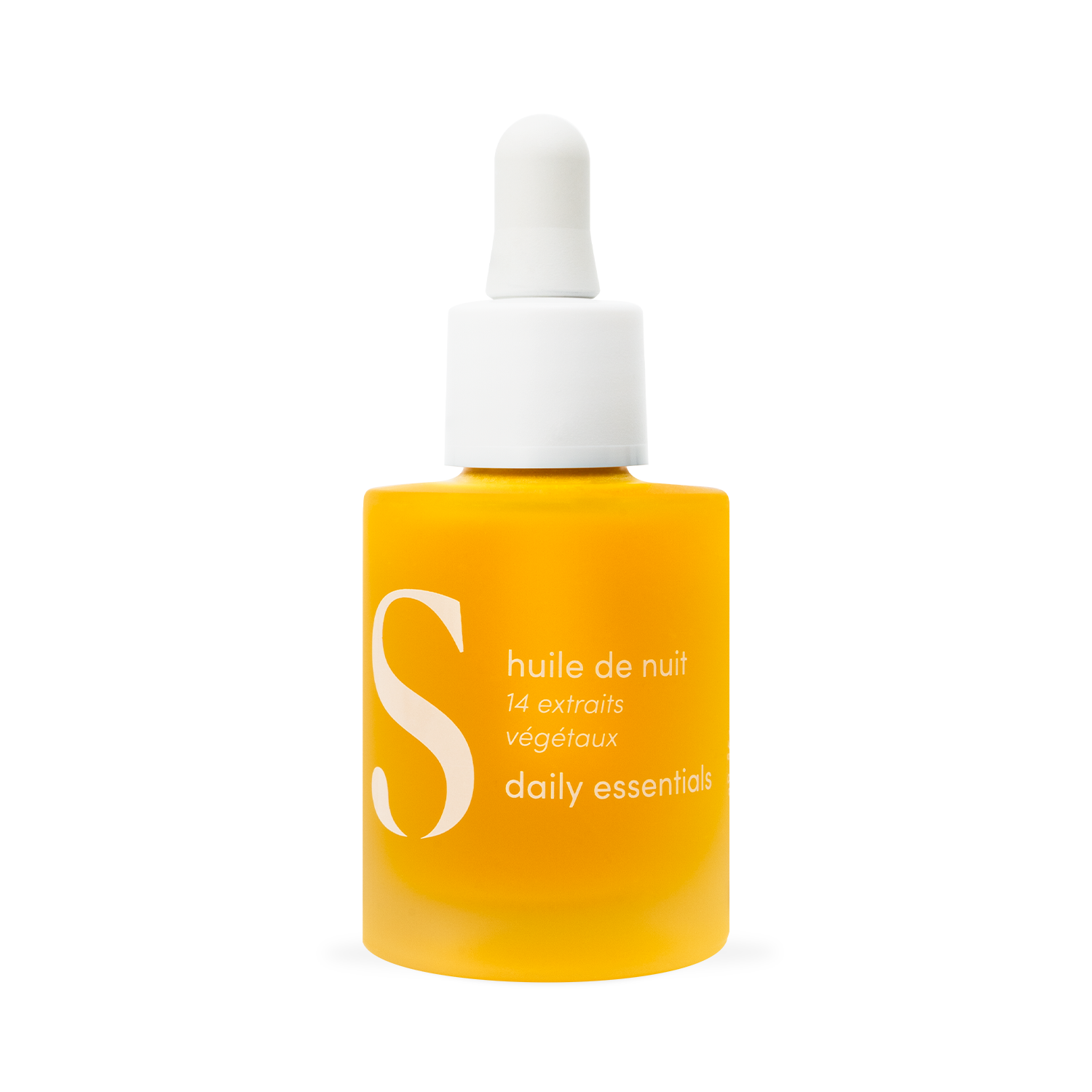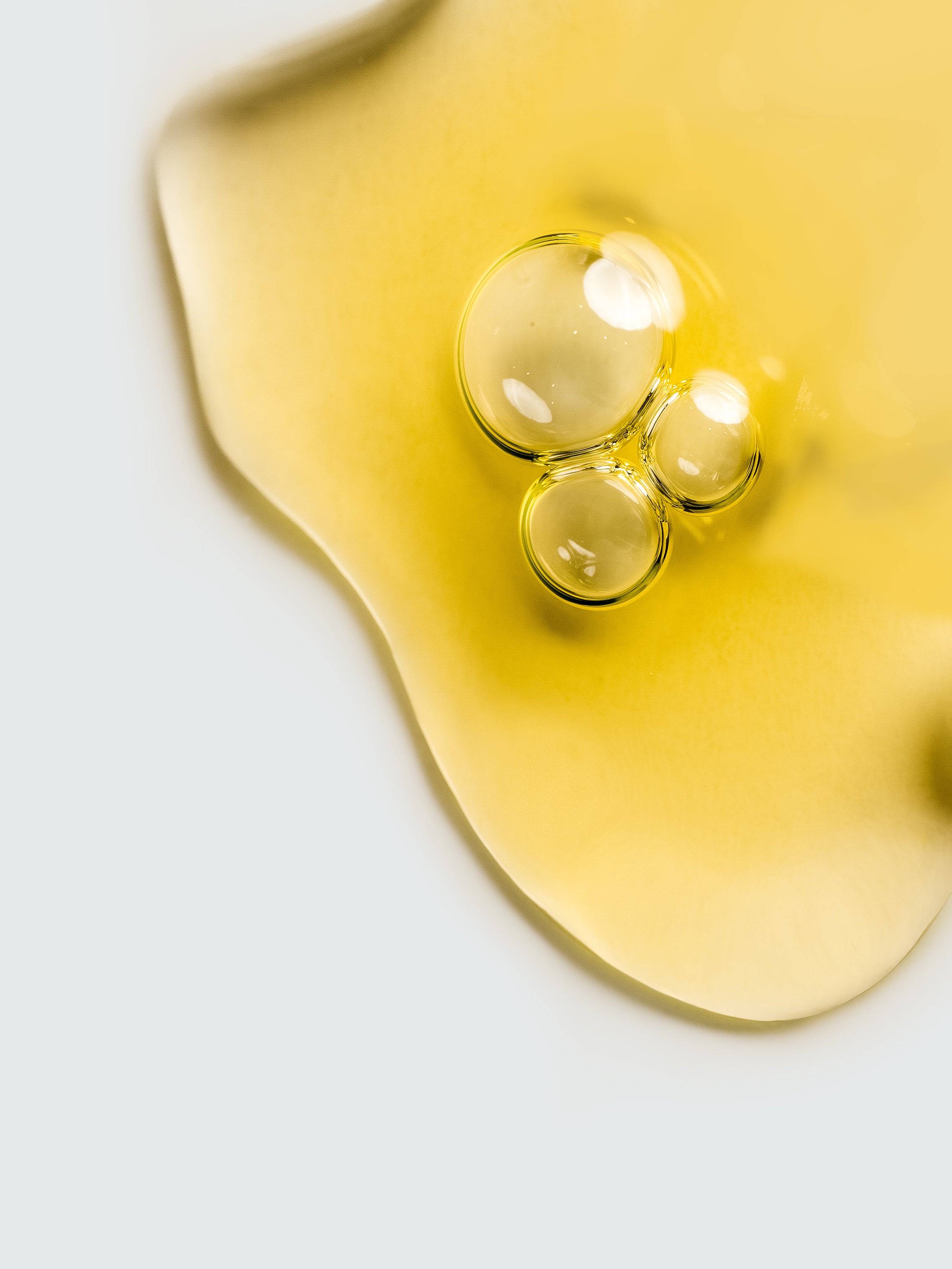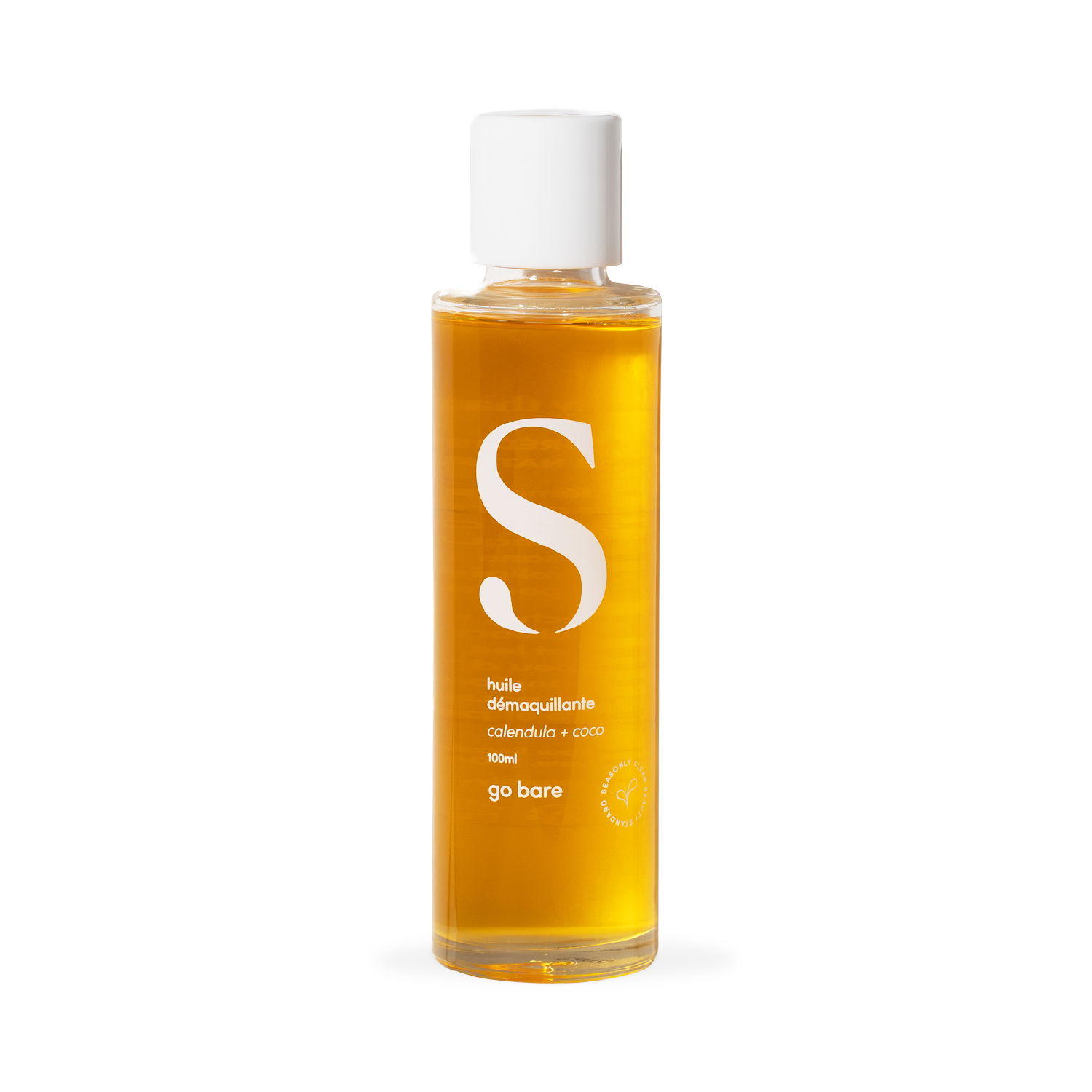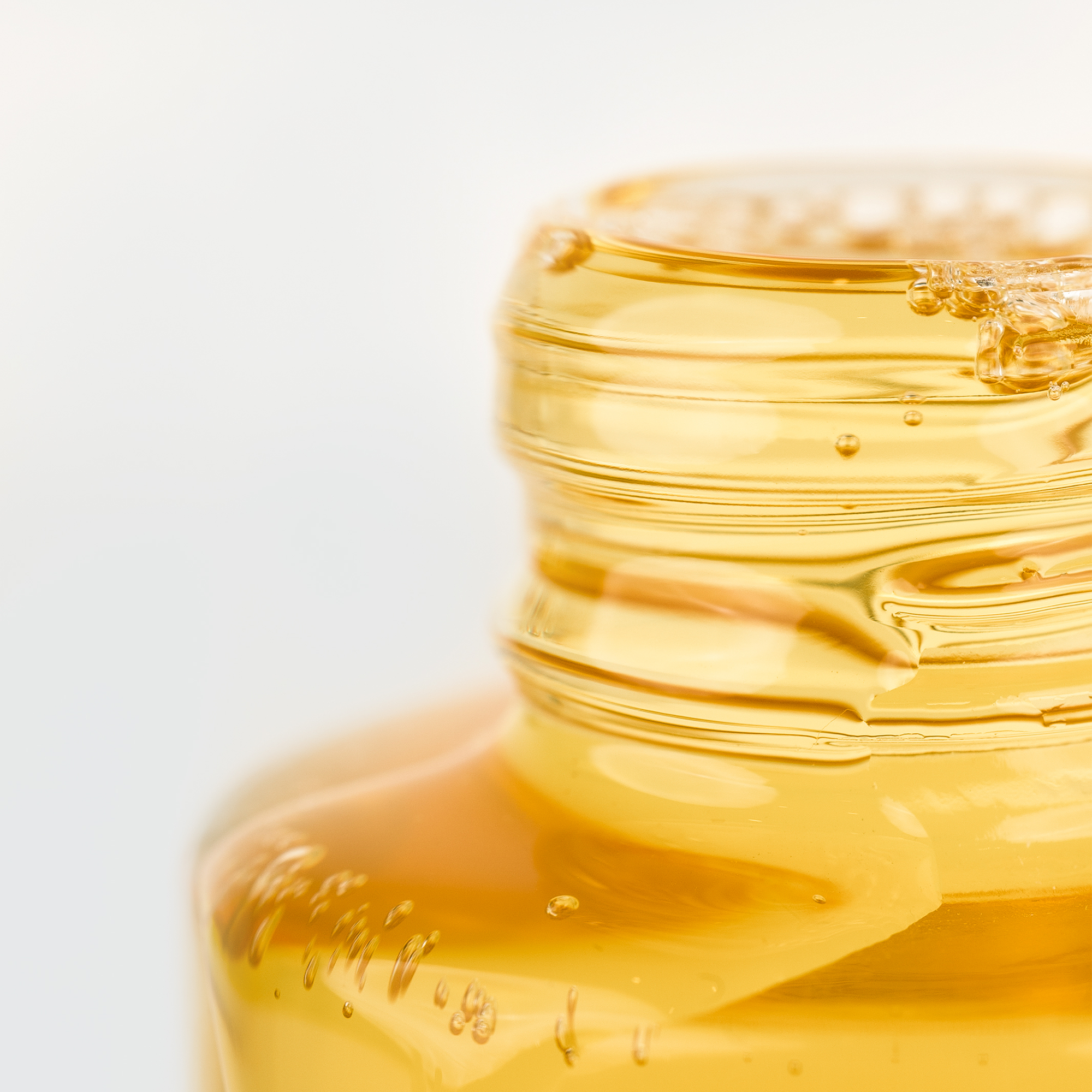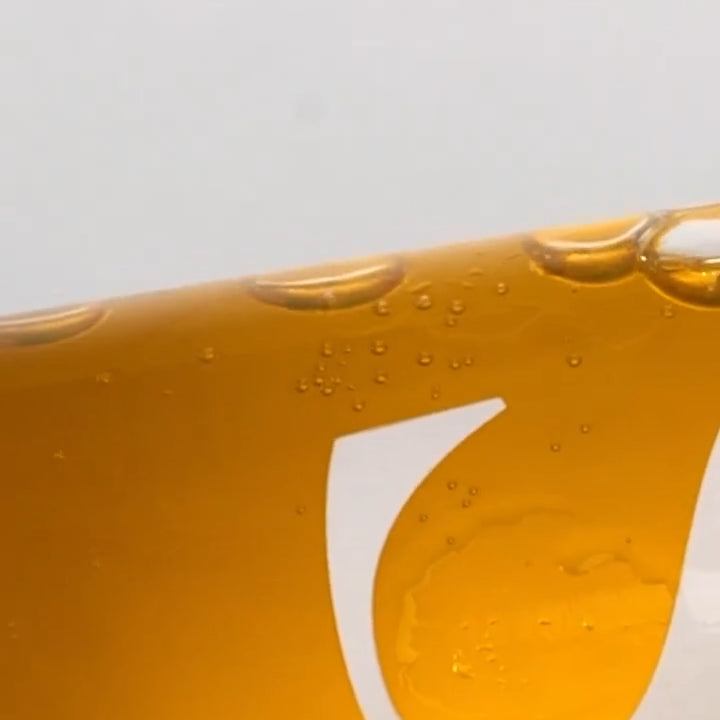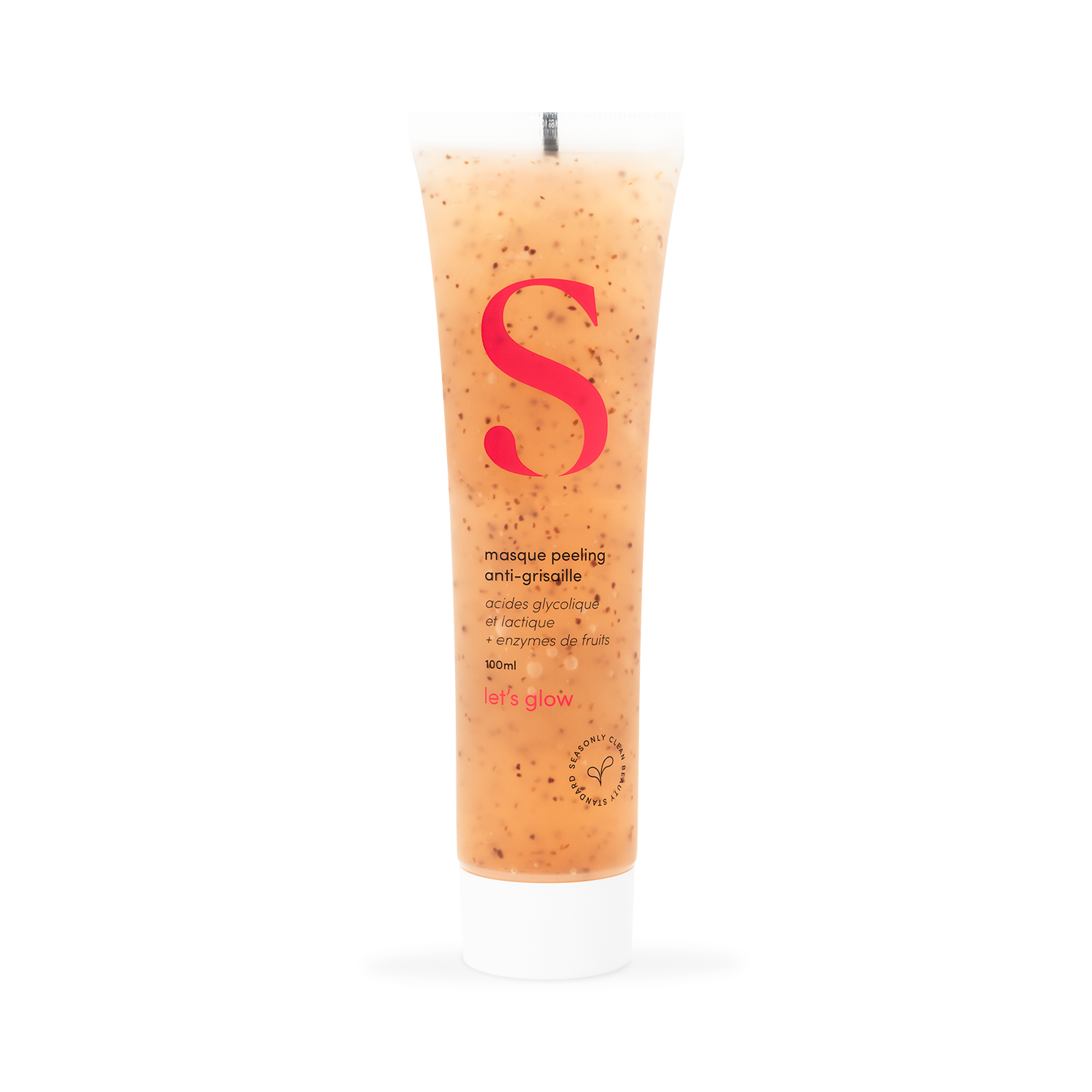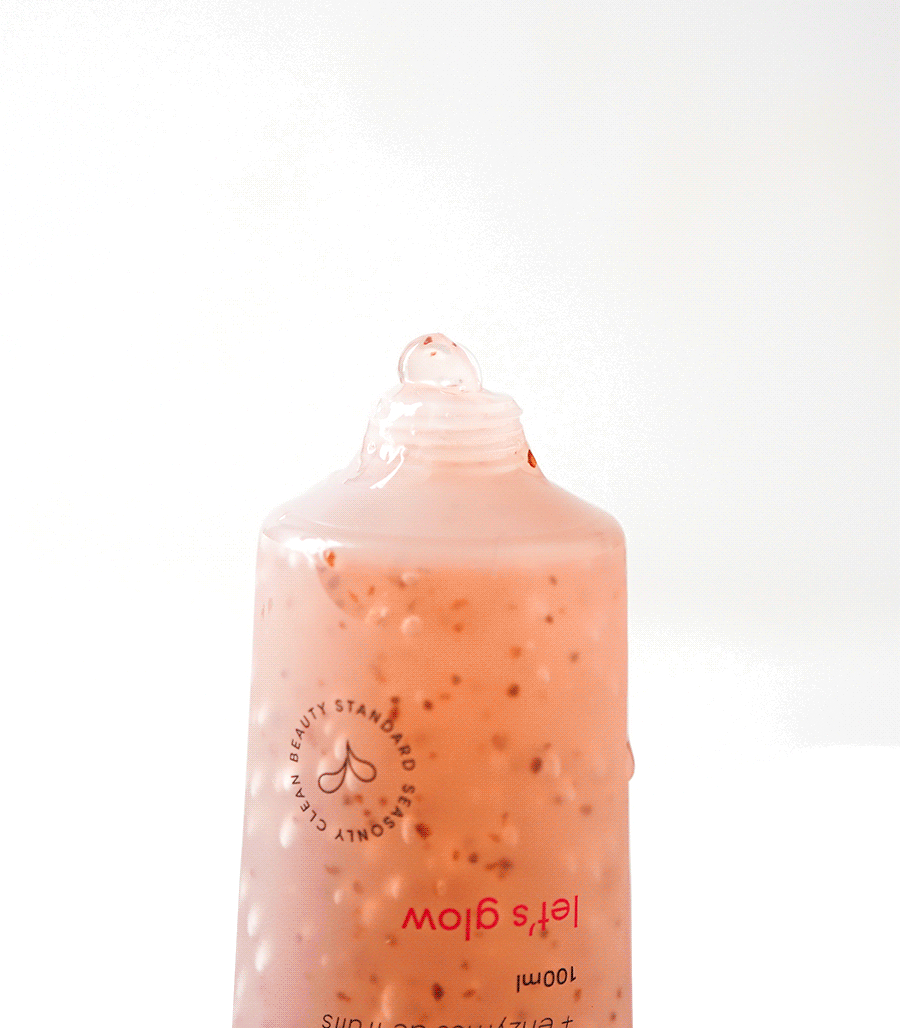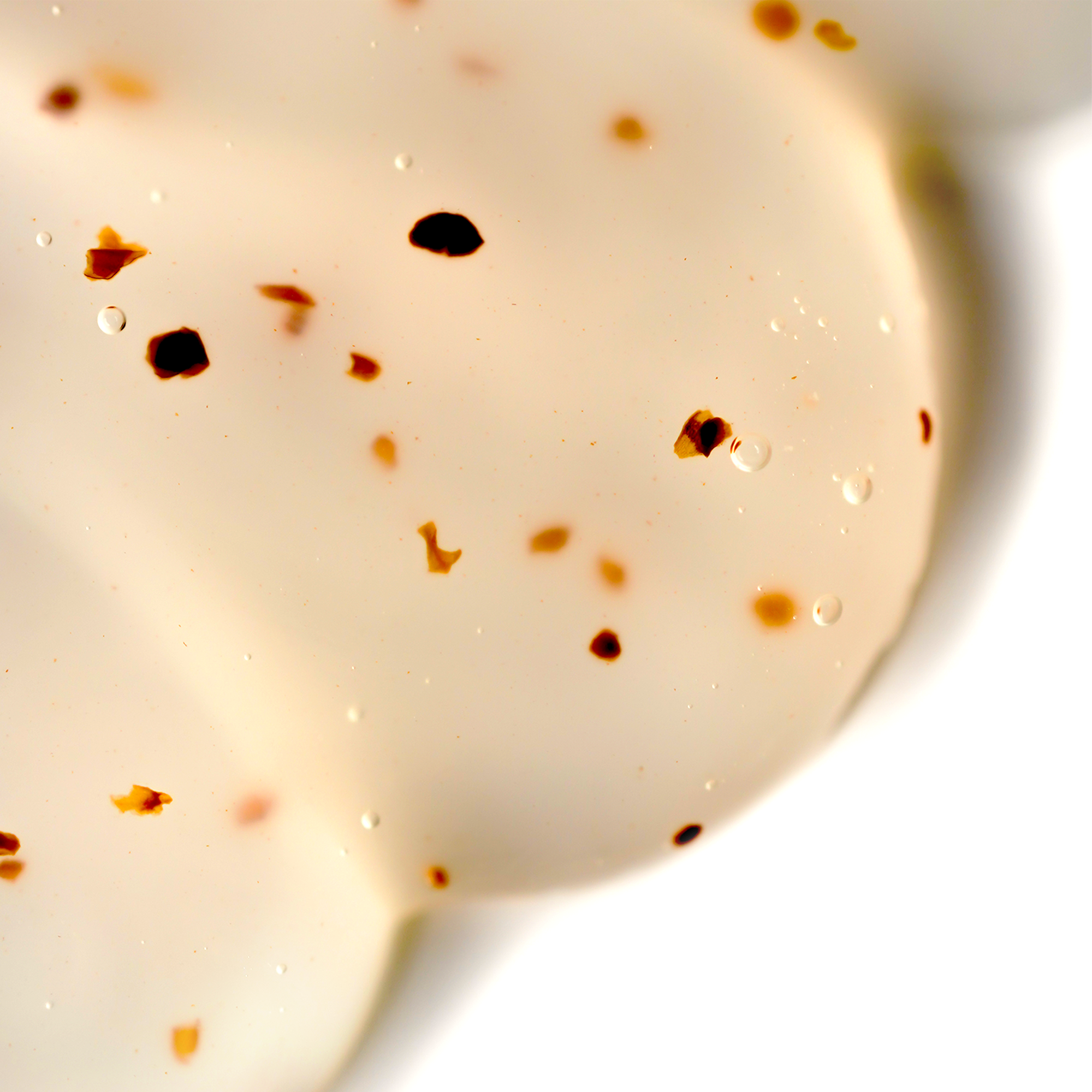How to take care of your skin during sport?
The Olympic Games: these two letters have been echoing in all the conversations of Parisians and French people for several months. As the date approaches, many of us find inspiration to resume or continue our sports practice as summer approaches. Whether it's pilates, swimming, yoga, climbing, running, cycling, all these sports have an impact on our skin and raise certain questions.
“Should I follow my skincare routine before or after training?” “Is it okay to wear makeup?” “How do I manage sweat?”
Don't panic, we've studied the issue and gathered the best tips for taking care of your skin before, during and after sports. Follow the guide.
The effect of sport on the skin
When you exercise, your skin will definitely benefit. Why? Sweating is actually very beneficial because it helps get rid of toxins. However, excessive sweating can also deplete the skin of essential nutrients, dehydrate it, and create new blemishes if not properly "treated" after training.
In addition, physical activity boosts blood flow and lymphatic circulation. The key? A healthy glow guaranteed.
Before
Before starting your sports activity, stick to a very simple skincare routine: a toner or mist to wake up your skin, a serum and cream , then sunscreen if you're outdoors. The goal is to not clog your pores so that sweat can escape, otherwise it will create more imperfections. Indeed, sweat helps eliminate toxins through the pores thanks to the sweat glands, but it can also cause imperfections.
Can you wear makeup? Yes, you can, but it's best to remove your makeup. Don't worry, if you wear makeup, you'll just have to clean your skin well after exercise. If you feel the need, choose fluid and light textures like BB creams that won't be occlusive, and a waterproof mascara.
During
You are in full exercise and you have a heat stroke or tight skin: opt for a moisturizing mist or thermal water for example. This allows you to rehydrate your skin on the surface and soothe the feeling of heating if you tend to redden. In particular, you can choose a hypochlorous acid spray which prevents the appearance of imperfections and soothes redness thanks to its antibacterial properties. If your SPF has faded, you can also use an SPF spray or mist to renew your sun protection.
After
If you have to go back to work, do a complete routine with, if possible, at least oil makeup removal or double cleansing , apply a hydrating serum to rehydrate the skin and a cream with SPF.
If you go home, same principle: double cleansing, application of a moisturizing serum and this time no need for SPF. Put on a moisturizer with a few drops of oil to protect your skin from dehydration.
For double cleansing, start with an oily phase with a balm or cleansing oil , followed by an aqueous phase with a cleansing gel . Choose gentle products that preserve the skin's hydrolipidic film, avoiding harsh soaps and overly perfumed products.
Then, if you feel like your skin needs a deeper cleanse, you can opt for an AHA or BHA chemical peel , which will remove dead cells from the surface of the skin.
What if you have practiced a water sport?
For swimming enthusiasts, the chlorine in the water tends to dry out the skin. For atopic skin, it is advisable to avoid prolonged bathing. It is better to use a fairly rich cream that contains vegetable oils and that will create a barrier between the skin and the water, because chlorine disrupts the skin's natural microbiota by unbalancing the good and bad bacteria.
Then, it is important not to just rinse the skin, but to clean it well with a mild soap. If you have acne, choose anti-inflammatory and healing active ingredients to restore the skin barrier.






